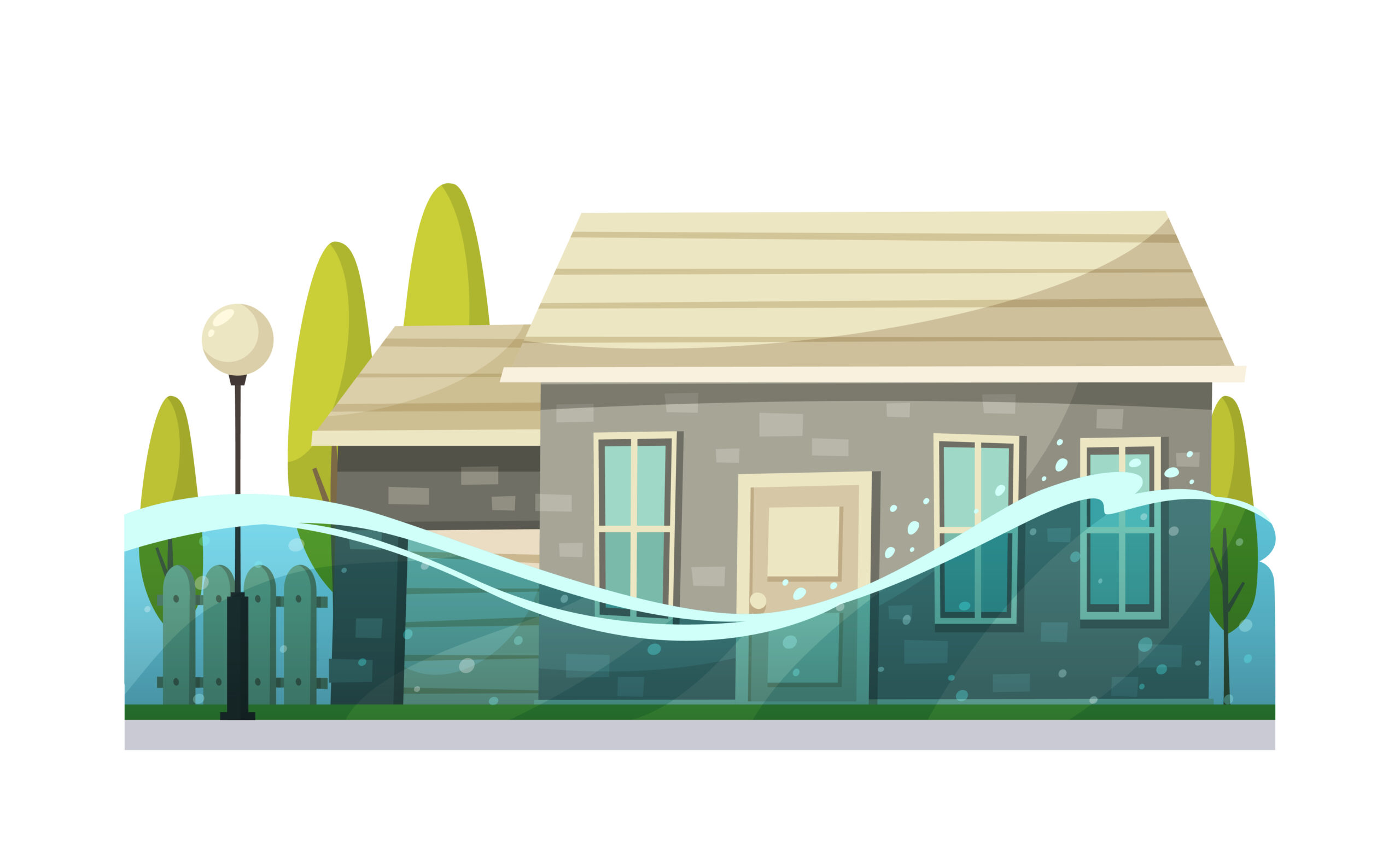Acid reflux is the burning sensation in the chest caused by stomach acid backing up into the esophagus. If there is a frequent reoccurrence of this scenario, it may be a condition called gastroesophageal reflux disease (GERD).
What Is Acid Reflux?
This condition occurs when some of the acid content in the stomach flows up to the person’s throat.
The stomach is designed anatomically to handle these fluids. However, when some gastric contracts reach the esophagus, it can produce the classic symptoms of heartburn or acid regurgitation.
Acid reflux symptoms that occur more than twice a week may indicate a different condition called gastroesophageal reflux disease (GERD).
Approximately 20% of the Australian population suffers from reflux or heartburn. Unfortunately, it is an unpleasant condition affecting many, from children to older adults. If left without treatment, this condition can sometimes lead to serious complications.
Some complications that may occur from untreated GERD include:
- chest pain mimicking a heart attack
- esophageal stricture or the narrowing or obstruction of the esophagus
- bleeding
- Barret’s esophagus (redness and thickening of the esophagus lining)
Therefore, it is important to recognise and treat acid reflux and GERD symptoms.
Signs Of Acid Reflux
Here are common symptoms that may be present in someone suffering from reflux.
- Heartburn (the burning sensation that may travel from the stomach to the abdomen, chest, or stomach.)
- Regurgitation (the casting up of incompletely digested food, resulting in a sour or bitter tasting acid backing up into the throat or mouth)
- Bloating
- Black, bloody stools or the presence of blood in vomit
- Burping
- Dysphagia (the sensation of food being stuck into the throat)
- Hiccups that do not resolve
- Nausea
- Sudden weight loss
- Wheezing, dry cough, voice hoarseness, or chronic sore throat
Acid reflux can happen any time of the day, but symptoms usually appear during nighttime. It is because lying down makes it easier for the acid to move up into the person’s chest.
For symptoms that appear two or more times a week, it is best to see a doctor for advice.
How To Get Rid Of Acid Reflux?
Try the following steps if you are experiencing repeated episodes of acid reflux.
Lifestyle Changes
Committing to healthy lifestyle changes helps prevent reflux and heartburn and avoid complications.
Some lifestyle changes may include reducing fatty, irritating food, quitting smoking, and maintaining a healthy weight. It also helps to wear loose clothing around the abdomen and avoid consuming food two to three hours before bedtime.
Medical Treatment Options
Several medications can treat reflux, such as antacids, Histamine-2 receptor antagonists, and proton pump inhibitors.
- Antacids neutralise the acids in the stomach, helping to relieve acid reflux.
- Histamine-2 receptor antagonists help bind in the stomach, blocking the release of stomach acids.
- Proton pump inhibitors help in decreasing the acid secretion in the stomach.
Surgery
If the lifestyle changes and medications did not treat the symptoms, another option would be surgery. It is rare to need surgery for this condition, but it can happen.
Conclusion
Treatment of acid reflux should be aimed at eliminating symptoms, healing the irritated part of the esophagus, and preventing long-term complications of GERD.
Acid reflux and GERD can be improved with lifestyle changes but often requires medicines for complete management. If you or someone else is showing signs of acid reflux, we recommend taking a first aid course to provide the best initial treatment before seeking further medical help.
Interested in a first aid course? Visit our page or reach out to us at courses@firstaidpro.com.au.








